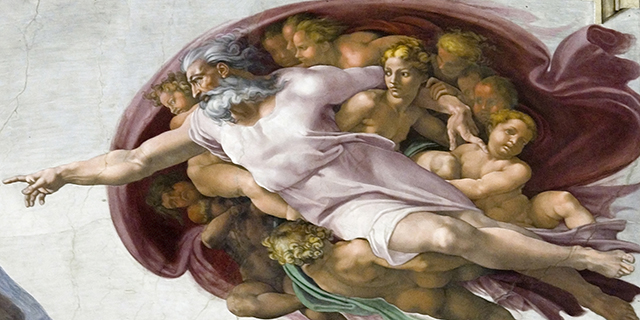T.G.G. Moogly
Traditional Atheist
Of course it's normal, and I've stated so repeatedly, referring to it as a behavior or a condition, not a disorder or an abnormality. What makes it undesirable presently is the density of the human population. If I'm living with a small family band eons past my mania, accompanied by its high energy levels, inventiveness and promiscuity is going to work for me and the small band I live with, not against me. Remember that we were all once warrior farmers and foragers, protecting ourselves from the clan or the tribe living in the next valley.Perhaps then this particular bipolar is not actually disorder but rather, a natural human trait that doesn't require fixing. All children who believe in Santa, or stories are bipolar by your definition. So If we are to go by that definition, then as you describe... bipolar is normality.
Learner said:I often find it a little intriguing when nature is explained in the form of it having agency.
So you believe that when Michelangelo sculpts or Shake-speare writes they are just channeling a god?



